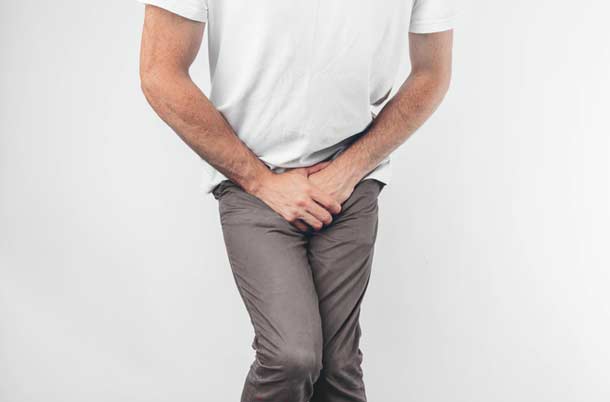
20 Oct Three surprising causes of incontinence
Three surprising causes of incontinence
According to the Continence Foundation of Australia over 5 million Australians are affected by bladder or bowel control problems. Many of those affected remain unaware that often, cases are preventable or treatable.
Firstly, lets become acquainted with one of the primary areas of the anatomy involved with continence, the pelvic floor. The pelvic floor consists of a dynamic sling of muscles that play an important role in bladder function control. Essentially, they help to close the urinary and anal sphincters. Strengthening and maintaining awareness of these muscles is important to maintaining continence in later life.
Three surprising causes and their implications
- Heavy Lifting
Regularly lifting heavy weights can put a lot of strain on the pelvic floor muscles, potentially causing them to prolapse (or fall out of position).
- Being overweight
Carrying extra body weight puts added pressure on the pelvic floor, stretching the muscles. This compromises their ability to contract sufficiently in order to close the sphincters.
- Constipation
The chronic or repeated straining, along with impaction of the bowel can both weaken the pelvic floor and put added pressure on the bladder.
As well as the above, there are many accompanying factors involved in the strengthening (or weakening) of the pelvic floor, including the functioning of neighbouring muscles. For example, complications with weak hip rotational muscles could be contributing to a weak pelvic floor. With this in mind, it is important to seek professional assessment.
Our practitioners at Western Women’s and Men’s Health have special interest and training in helping you with your pelvic health. If you’re experiencing issues with or would like to prevent the development of incontinence, please don’t hesitate to contact our caring Hoppers Crossing clinic. Contact us today for an appointment on (03) 8001 2004.

No Comments